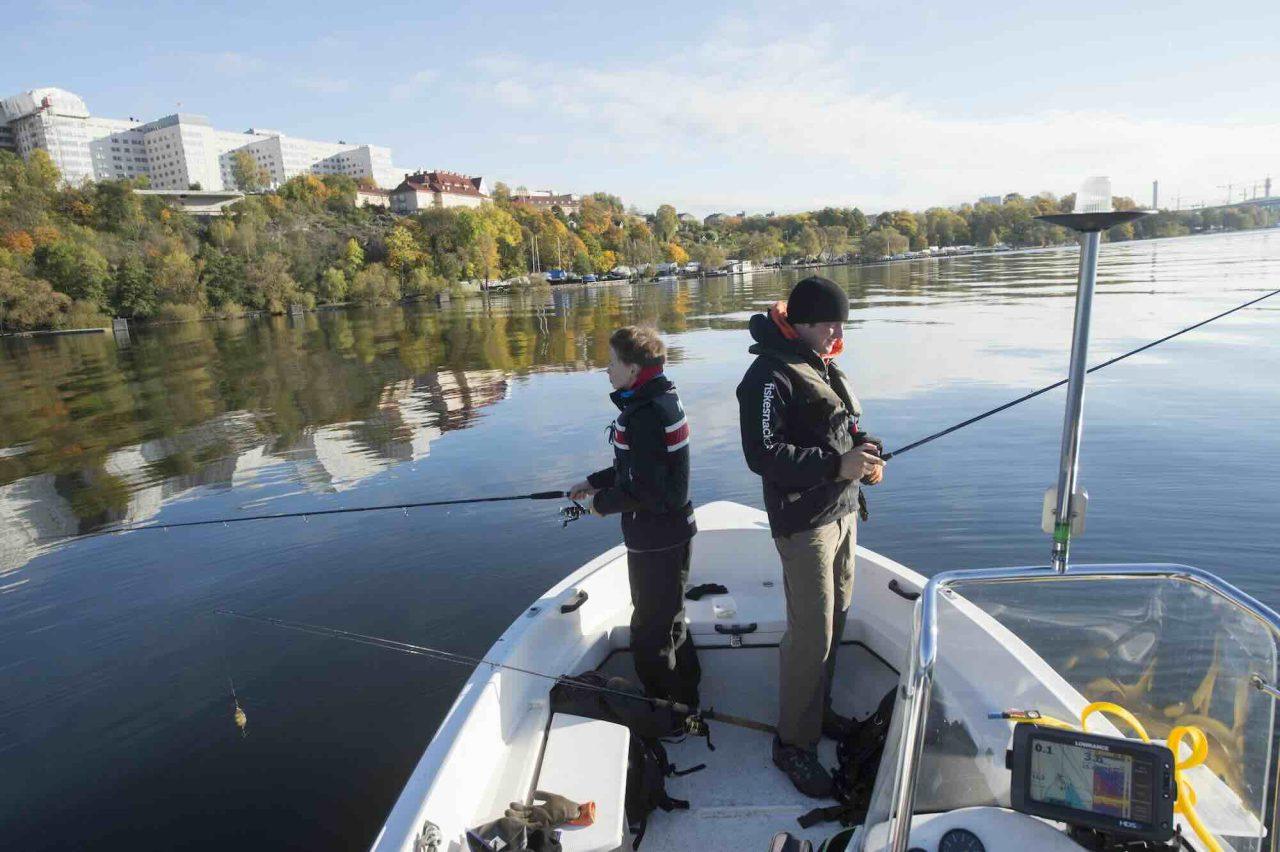The government report ‘Modernised Fisheries Legislation,’ which was submitted to the Swedish government last week, will enable major changes for recreational fishermen in Sweden. Among other things, it proposes mandatory catch reporting when fishing in state-managed waters. Göran Sundblad, a researcher at SLU, runs the Spöreg project – an app where anglers can voluntarily report their catches for research purposes.
Text: Arvid Wiclander Mellgren
The report ‘Modernised Fisheries Legislation’ has now been submitted to the government. The report proposes a requirement for recreational fishermen who use state-managed waters, i.e. Lakes Vänern, Vättern, Mälaren, Storsjön, Hjälmaren and, not least, the Baltic Sea and Skagerrak and Kattegat. They will be required to report their catches to the Swedish Agency for Marine and Water Management.
According to an EU regulation, all Member States must introduce catch reporting for recreational fishermen as well, something that previously only applied to commercial fishing. This is not compatible with current Swedish fishing law. The report’s new bill enables Sweden to implement the provisions of the European Commission. Göran Sundblad, a researcher at SLU, has been involved in and contributed to the investigation. He is also the project manager for the Spöreg app.
The app enables catch reporting for recreational fishermen on a voluntary basis. Recreational fishermen report their catches to universities, where they are used as a knowledge base.

‘Spöreg is a very simple way for anglers to contribute to fisheries management, and a way to help conduct research,’ he says. The app that is intended to be used to report catches under the new law is not yet fully developed, but he believes it will likely function in much the same way as Spöreg. The difference is that the government inquiry’s proposal enables a requirement.
Anglers will be obliged to report their catches. Göran Sundblad praises the goodwill he has experienced from the angling community and hopes that it will remain if the reporting obligation is legislated. There is a very positive force within the sport fishing community. Sportfiskarna’s members generally want to contribute to sustainability. I hope they will be involved in deciding how to proceed, if it proceeds, as it is still only an investigation at this stage.
The important thing is how new legislation is implemented and communicated. A key part of this is to do it in dialogue with the sport fishing community. We have had free hand fishing for a long time in Sweden. There can wonder that sport fishermen will not want to contribute if it is perceived as a way of controlling them. Göran Sundblad is generally positive about the proposal and believes that those who fish have a responsibility.
‘It’s about using a free resource, so you also have a responsibility to contribute to sustainability,’ he says. Anders Karlsson, deputy secretary general of Sportfiskarna, tells TT that the association welcomes the registration and reporting of catches but points out that the way it is implemented must be understandable and user-friendly.
About Deep Sea Reporter: Our ambition is to examine and report on issues related to the sea and the life that exists beneath its surface. We operate in the public interest and are independent of political, commercial, and other interests in society.




